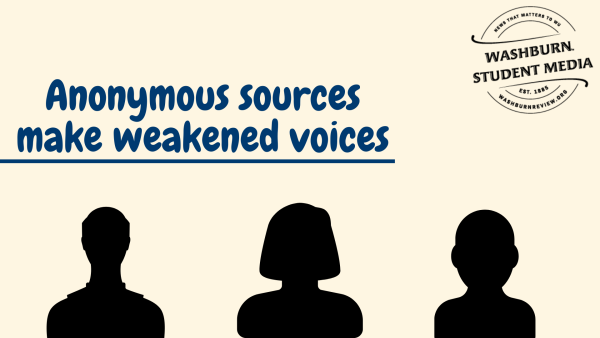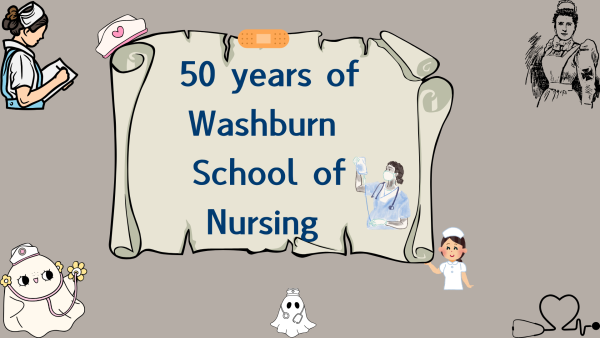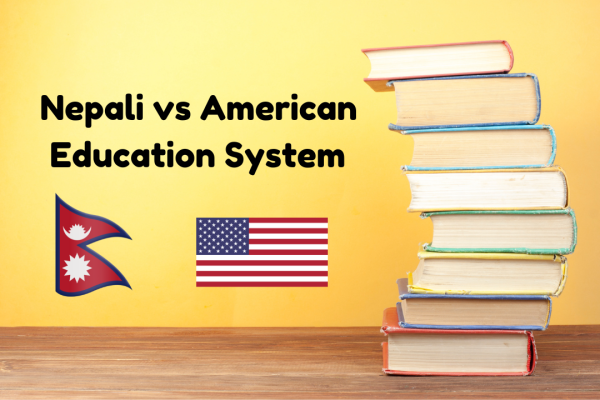Editorial: U.K. general election results and why it matters
Just short of one year since the results of the Brexit referendum vote, the United Kingdom has awoken to another major political surprise.
British Prime Minister Theresa May called for an early general election, which took place June 8. This decision was met with much public scrutiny, as the Conservative Party, her party that she needs to hold majority in order for her position as PM and the Brexit proceedings to remain secure, already held the majority seats in Parliament.
May called for this election to attempt to win a stronger majority of seats for Conservatives in order to strengthen her influence on Parliament, but in doing so was gambling with every Parliament member’s position in office three years earlier than was necessary. In a major upset, the vote was called on the morning of June 9 and May’s gamble backfired.
The results of the early general election has left with the country with a hung Parliament, the third ever in U.K. history. A party needs 326 seats to hold a true majority and at a final count of 318 and 261 seats respectively, the Conservative Party and the Labour Party have nearly tied in votes.
Without enough seats on their own to win a majority ruling on legislative matters, both Conservative and Labour will have to reach out and negotiate with other significant parties in order to garner enough votes to pass legislation in the years to come.
While there are now currently nine political parities that hold seats in Parliament, only five have the numbers to make significant waves at the moment: Conservative, Labour, Scottish National Party, Liberal Democrat and Democratic Unionist Party.
There are two reasons this loss for Conservatives has shook the country’s political landscape. First, the Conservative-seated Prime Minister is endangered. As her party no longer holds majority, so long as she does not resign, May will become incumbent PM until Parliament can elect a new leader or a vote is reached to keep her in power.
However, seeing as May’s gamble has cost more than a dozen Conservatives to lose their seats earlier than necessary with the rash election, tensions are running high with her remaining party members in power. Parliament will meet for the first time since the election on June 13 to begin their deliberation over the PM position.
Should she lose her position as British PM, this would make her tenure the second shortest in history. It could potentially derail the Brexit proceedings as well. A new PM against leaving the European Union could sabotage the plan in its two year time limit before it is null and void.
The second reason this election has been such an upset is the fact polling reports show it was won by a boom in younger voters in favor of the Labour Party. Political engagement and voter registration has taken a nose dive in the U.K. in the past few decades, so the high voter turn out of 18 to 24-year-olds was an unforeseen twist.
The younger generation overwhelmingly voted against the Conservative Party agenda that pushes xenophobia, tax breaks for the wealthy and drastic cuts to education and welfare programs. News outlets have been reporting over the past year on the younger generation’s public outcry against leaving the E.U., as well as how the U.K. has handled the refugee crisis, but none of the outlets could have predicted that that younger demographic of new voters would assemble and unite against the direction their country was going in.
The United States can take a note from all of this. Our country suffers from low voter turnout, plain and simple. In the 2016 presidential election, voting data indicates that 46.6 percent of eligible Americans did not vote – nearly 107 million people. Party affiliation aside, many Americans, younger voters especially, feel that their vote doesn’t matter in the end and that our government’s problems will always remain.
The results of the U.K.’s general election would beg to differ. Young people turned this election upside down. They discovered that they are an untapped resource with the power to change the course of their country.
What the United States should take from this is that regardless of your party affiliation, you must vote. You must make your voice heard and make sure that those in power are only in power because it is truly the will of the country, not just the will of those who bothered to show up and vote. As difficult as it may be, you cannot lose hope in the system if you want to better it.
Your donation will support the student journalists of Washburn University. Your contribution will allow us to purchase equipment and cover our annual website hosting costs.











